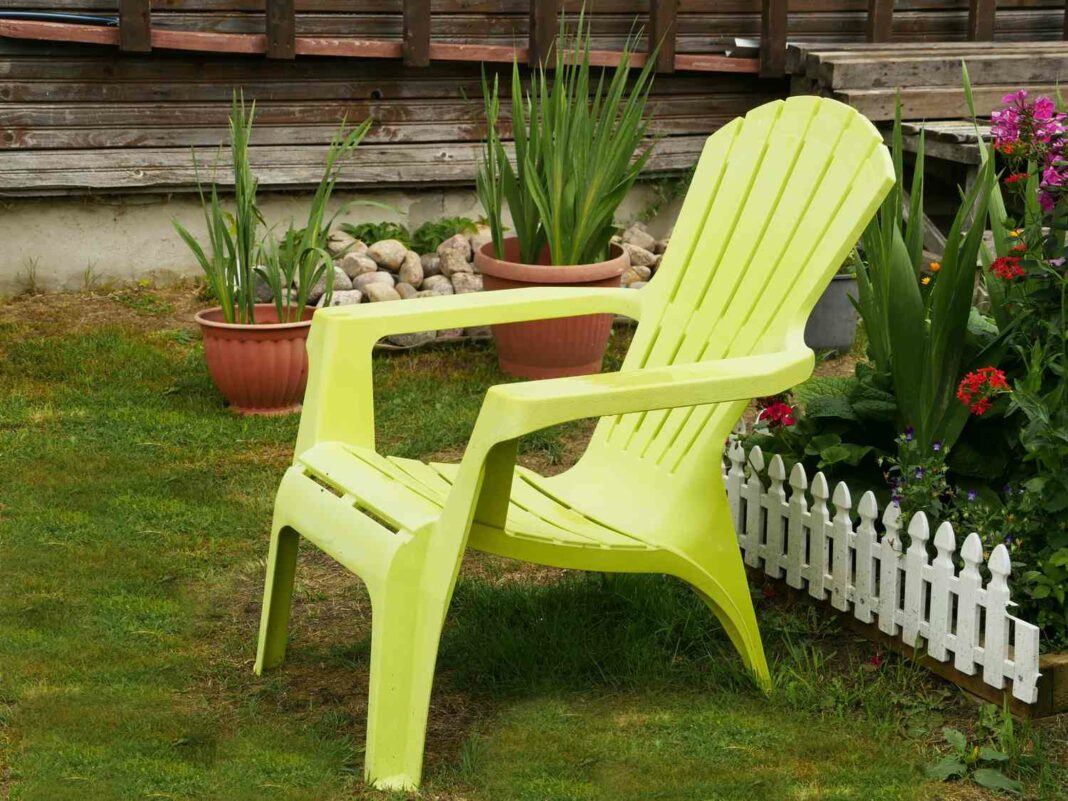10 Surprising Things That Shouldn’t Be Stored Outdoors
1. Electronics
Electronics such as laptops, smartphones, and tablets should not be stored outdoors as they can be damaged by moisture, extreme temperatures, and sunlight. It’s best to keep these items indoors where they are protected from the elements.
2. Wood Furniture
Wood furniture can warp, crack, or become discolored when exposed to the elements. It’s important to keep wooden furniture indoors or in a covered area to prevent damage from sunlight, rain, and snow.
3. Clothing and Fabric Items
Clothing and fabric items can attract pests and mold when left outdoors. To keep your clothes and fabrics in good condition, store them indoors in a clean, dry place.
4. Paint Cans
Paint cans should not be stored outdoors as extreme temperatures can cause the paint to freeze or become unusable. To prevent this, store your paint cans in a temperature-controlled environment such as a garage or basement.
5. Musical Instruments
Musical instruments such as guitars, pianos, and violins should be kept indoors to protect them from humidity, temperature changes, and pests. Storing them outdoors can cause them to go out of tune or become damaged.
6. Paper Documents
Paper documents can become faded, torn, or water-damaged when stored outdoors. It’s best to keep important papers indoors in a filing cabinet or safe to protect them from the elements.
7. Leather Goods
Leather goods such as shoes, bags, and furniture can deteriorate when exposed to sunlight, moisture, and extreme temperatures. To extend the life of your leather items, store them indoors away from the elements.
8. Plastic Items
Plastic items can become brittle and discolored when left outdoors for extended periods. To keep plastic items in good condition, store them indoors or in a covered area where they are protected from the sun and weather.
9. Food and Beverages
Food and beverages should not be stored outdoors as they can attract pests, spoil quickly, or become contaminated. It’s important to store perishable items in a refrigerator or pantry to keep them fresh and safe to consume.
10. Tools and Equipment
Tools and equipment can rust, corrode, or malfunction when stored outdoors. To keep your tools in working condition, store them indoors or in a shed where they are protected from the elements.
Conclusion
It’s important to store certain items indoors or in a covered area to protect them from the elements and prevent damage. By keeping electronics, wood furniture, clothing, paint cans, musical instruments, paper documents, leather goods, plastic items, food and beverages, and tools and equipment indoors, you can extend their lifespan and ensure they remain in good condition. Remember to always check the manufacturer’s recommendations for storing specific items to avoid any potential damage.
FAQs
Q: Can I store outdoor furniture outdoors?
A: While outdoor furniture is designed to withstand some exposure to the elements, it’s best to cover or store it indoors during harsh weather conditions to prevent damage.
Q: How can I protect my outdoor tools from rust?
A: To prevent rust on outdoor tools, clean and dry them after each use, store them in a dry place, and consider using a rust-preventative spray or lubricant.
Q: What should I do if my electronics get wet outdoors?
A: If your electronics get wet outdoors, turn them off immediately, remove the battery if possible, and allow them to dry completely before attempting to use them again.




